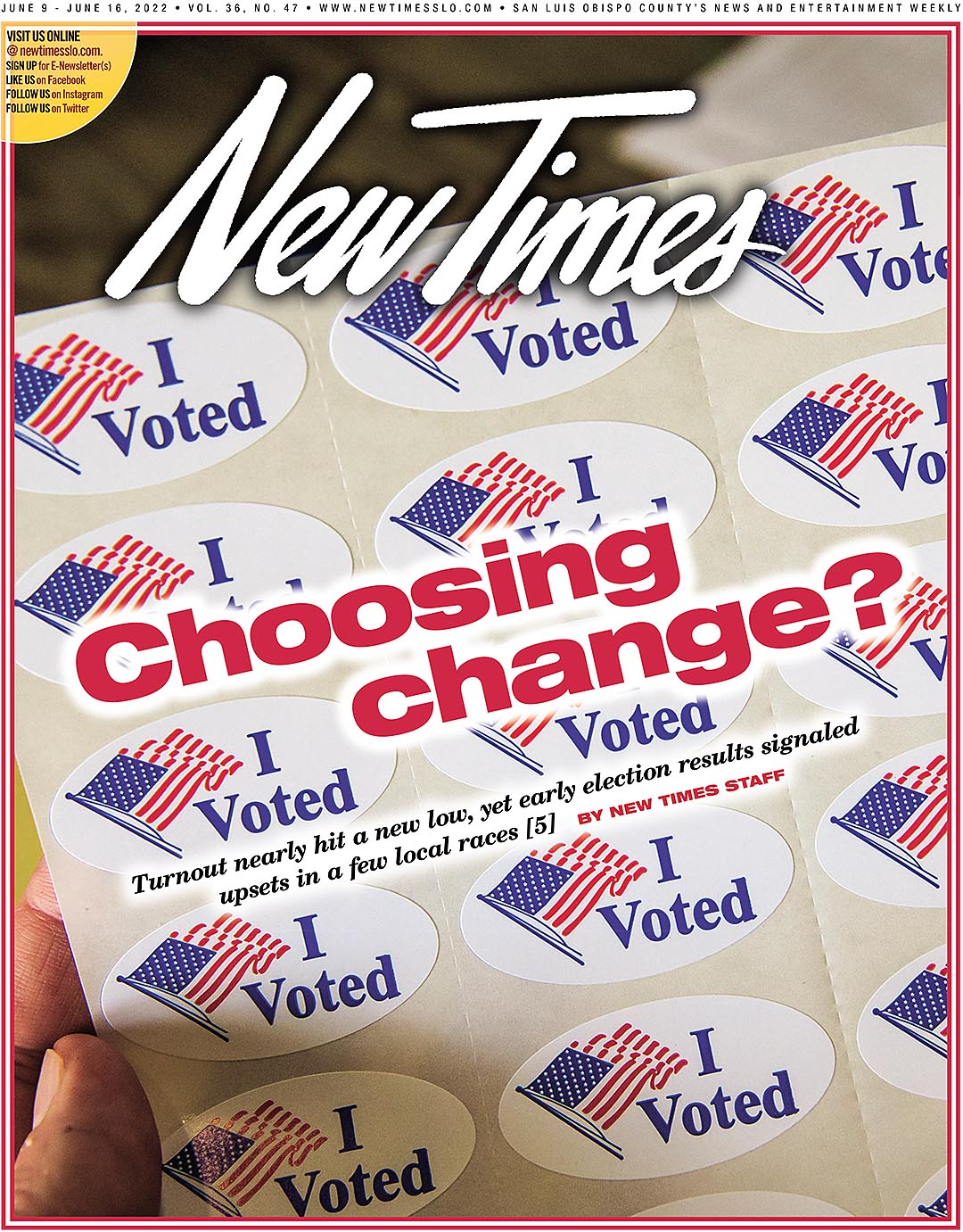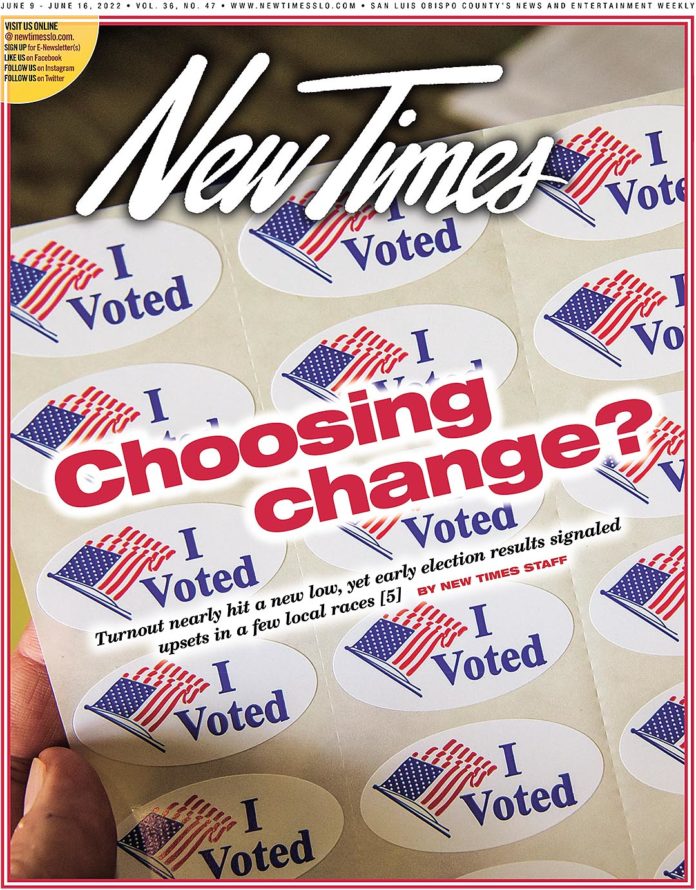
Sometimes important advances in science can come from a most improbable source: politics. Who would have thought that the political process could contribute so much to advance science?
Recently, the publishers of an established and renowned medical reference work, the Merck Manual, found themselves in the politically uncomfortable position of being cited by the Florida Department of Health as authority for their guidelines recommending against the medical gender transitioning of children and adolescents suffering from gender dysphoria. Florida, as you may be aware, has been in the spotlight for legislation prohibiting instructing 6-year-olds in public schools on gender identity or sexual orientation, dubbed the “don’t say gay” law by the media.
Unlike most businesses, which find themselves in the hot seat for some ideological transgression, Merck did not limit itself to the usual declarations of support or to displays of contrition and self-flagellation to placate the offended, nor did they establish a new office of “diversity, equity, and inclusion.” Instead, showing real audacity and moxie, they actually changed the science and updated their manual to conform to the currently politically acceptable thinking!
The revised edition of the Merck Manual now replaces the term of “gender dysphoria” with the more-approving term of “gender incongruence,” declaring repeatedly that now “it is not considered a disorder,” and goes on to recognize other recently discovered “genders” such as “genderqueer,” “nonbinary,” and “agender,” dropping the association of gender with biological sex that medicine has previously recognized. Merck then advised Florida to revise its guidelines to reflect their newly evolved thinking.
Some negative types might complain that revising scientifically accepted biological classifications and afflictions ought to be based on something a little more authoritative than just adopting the jargon generated by the latest political cause. But me, well, I’m a “glass is half full” kind of guy and see this as a wonderful development! Whoever would have suspected that we could instantly cure medical ailments by merely changing our perception of the affliction and declaring that it is not really a problem after all? Imagine all the death and suffering that could have been avoided by a timely pronouncement of a new medical finding? Or the tedious and expensive research that could have been avoided by just revising the medical texts? And, of course, all the countless hours of employment lost to illness, when just a few curative words to malingering employees would put them back on the job.
Imagine the possibilities when medical advances are only limited by our vocabularies. Being able to tell a hospitalized patient on his death bed, “Good news, Mr. Smith! Your health insurance company just discovered that your cancer isn’t really a problem after all. Get out of here!” and then being able to watch the patient bound out of bed and run home to his family, or off to the golf course. What could be easier? I hope the Nobel committee is paying attention.
Of course, we can expect some pushback from our self-interested scientific and medical communities, who will undoubtedly counter with “the science must be respected” or some other such nonsense. They will likely insist that only peer-reviewed studies and observed, tested, and repeatable empirical evidence are credible, instead of “discoveries” by social scientists responding to the fashionable thinking. And of course this will be awkward for liberals who have long criticized conservatives for refusing to “respect the science” in areas such as COVID-19 and climate change. A few liberals may suffer semantic whiplash from having to abruptly reverse their debate arguments to try and maintain consistency when switching between subjects, such as from evolution to gender dysphoria.
Of course, these naysayers can be countered by just emphasizing the word “science” in “social science,” insisting that it is not just a “valid” science, but a sort of transcendent “super science.” The empirical evidence needed to support any scientific theory will now be based upon how well it is accepted on Twitter and other social media, and the number of likes and retweets. Why should the conclusions of a bunch of geeky science nerds in dorky white lab coats prevail over the vast wisdom of the Twittersphere?
Possibly the more scholarly and less interesting areas of science may suffer from neglect on social media, and less-captivating topics like, say, “anomalous mutations in subtropical slime mold colonies” overlooked when they have to compete with more “juicy” topics such as speculation on the extraterrestrial origin of Marilyn Manson and his unexplained appearance in Roswell, New Mexico. Some may grumble that it was a good thing that Jonas Salk was not dependent upon the internet and social media for his research. Ignore them.
We live in a time of unlimited possibilities! Not only can we now use a mere declaration to change to a multitude of different genders, or to a different race as Rachel Dolezal demonstrated, but our afflictions can now be banished by decree.
“Paging Dr. Orwell, paging Dr. Orwell … .” Δ
John Donegan is a retired attorney in Pismo Beach who feels that the pen is more therapeutic than the scalpel or syringe. Send a response for publication to letters@newtimesslo.com.







